Published by Rowman & Littlefield International Ltd.
Unit A, Whitacre Mews, 2634 Stannary Street, London SE11 4AB
www.rowmaninternational.com
Rowman & Littlefield International Ltd. is an affiliate of Rowman & Littlefield
4501 Forbes Boulevard, Suite 200, Lanham, Maryland 20706, USA
With additional offices in Boulder, New York, Toronto (Canada), and Plymouth (UK)
www.rowman.com
Copyright 2017 by Tim Markham
All rights reserved. No part of this book may be reproduced in any form or by any electronic or mechanical means, including information storage and retrieval systems, without written permission from the publisher, except by a reviewer who may quote passages in a review.
British Library Cataloguing in Publication Data
A catalogue record for this book is available from the British Library
ISBN: HB 978-1-78660-421-7
PB 978-1-78660-422-4
Library of Congress Cataloging-in-Publication Data Available
ISBN: 978-1-78660-421-7 (cloth : alk. paper)
ISBN: 978-1-78660-422-4 (pbk. : alk. paper)
ISBN: 978-1-78660-423-1 (electronic)

The paper used in this publication meets the minimum requirements of American National Standard for Information SciencesPermanence of Paper for Printed Library Materials, ANSI/NISO Z39.481992.
Printed in the United States of America
This book begins from a well-observed conundrum (Bourdieu, 2001) about journalisms conflicted role as writer of the first draft of history. On the one hand, journalists are fixated by change, obsessively looking for those day-to-day shifts in politics, economics and anything else, shifts that constitute news. In many ways the rise of data journalism and non-professional media production has diminished the centrality of the classic job of reporting what has happened in the immediate past, with many journalists and commentators more often engaged in predicting the future: spotting trends, identifying directions of travel and speculating about probable outcomes. On the other hand, though, journalists and commentators have a fairly dismal record when it comes to apprehending let alone predicting political and social changes that are more systemic and take time to gestate: few predicted the financial crisis of 2008 (Fraser, 2009) or the uprisings that erupted in Iran in 2009 and the Arab world towards the end of the following year (Cottle, 2011); most were surprised by the outcome of Britains EU referendum and the election of Donald Trump in 2016. The fault lies not just with media practitioners, however, but also with political scientists collectively overstating the resilience of authoritarian regimes (Stoker et al., 2015) and academic economics departments roundly accused of tunnel vision when it comes to the historical context in which neo-liberal capitalism operates (Colander et al., 2009). And more widely than that, it is arguable that one of the conditions of contemporary life for most of us, experts and amateurs alike, is that we experience things in a bubble of the present, pushed this way and that by a constant stream of stimuli that leaves us insensible to the broader sweep of history (Stiegler, 1998). Philosophers have identified such temporal blindness as a symptom of life lived inauthentically, but this book wants to push back against that accusation along with all of the associated claims about our superficial, distracted and fickle engagement with the world around us. In doing so it foregrounds the role that media play in this lived experience of change and continuity media we consume, produce and just live among since it is media saturation that is often said to foster this inauthentic way of being in the world. Further, the specific focus on media practitioners that opens up an opportunity to explore precisely how change is experienced when engaging with the world is ostensibly the core of ones personal principle and professional ambition. Above all else what becomes clear is that substantive engagement is not all or nothing, and certainly never constant seen under the microscope it is uneven, contingent and provisional, though no less real than any pious proclamation of solidarity with global others. And if that is true for the professionals, might it not also be so for the rest of us?
Thinking about the experience of continuity and change, big and small, in everyday life (Back, 2015; Neal, 2015) is the lodestar of the phenomenological tradition, whose lineage can be traced back through Merleau-Ponty and Schutz to Husserl, Kierkegaard, Marx, Hegel and, ultimately, Kant. Phenomenology has continued to evolve and mutate, but much contemporary research still takes its cue from Martin Heideggers Being and Time, originally published in 1927. Among its many innovations is the provocative claim that thinking is not really the point. You can only understand being in the world by acting in it; you do not grasp the meaning of a tool by reflecting on it but by picking it up and using it, its meaning consisting not in the conscious awareness of what you are about to do with it but the fact that everything you could do with it and how to do it is activated by you reaching out to pick it up. This is at-handness, an idea that drives beyond experience and expertise knowing how to do things with objects to the way that whole worlds of possibility and meaning are effortlessly invoked by a tools being not simply there but just-pick-upable. How does such a state of affairs come to pass, an experience in which plenitudes of actions and ideas are seamlessly summoned as we go about our daily routines? Habituation and taking things for granted is the norm, but what becomes habituated and accepted as given is heavily, historically contingent. Heidegger writes about how our being in the world is always simultaneously oriented in relation to the past, present and future and that to live authentically entails fully grasping the significance of each. Now, this could be interpreted as saying that it is incumbent upon us to know how we got to where we are, as individuals and collectively and this would certainly fit some post-Marxist calls for an archaeological approach (Foucault, 1972) to political and cultural analysis, digging through layers of determination that made the status quo possible. But Heidegger has something else in mind: not so much the determination of symbolic superstructure by economic base as the preconditions for everyday experience being just liveable, what makes it possible to just be and do in the world, usually without reflection. This is the core principle of all phenomenology seeking to understand what makes so much of what we do instinctive, and instinctively meaningful and it will be seen that far from committing ourselves to cataloguing the banal, it is at this level that political insight is at its most acute. Likewise, Heideggers appeal for us to stand in full recognition of the future is taken in more psychologizing readings (Mulhall, 2005) to mean a reconciliation with mortality and in historical ones (Faras et al., 1989) as foreshadowing the disastrous embrace of national destiny. But there is a much more practical application of his understanding of time to come, in being aware of the stakes in whatever situation we find ourselves thrown into, knowing how it could play out and accepting responsibility accordingly.



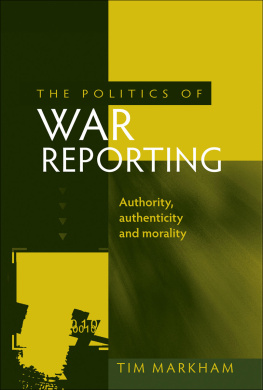

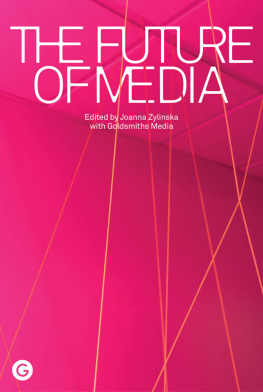
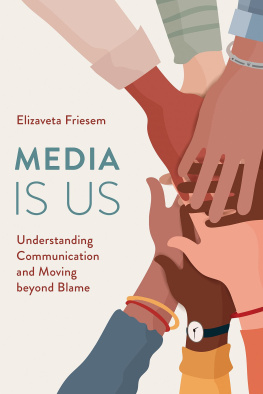
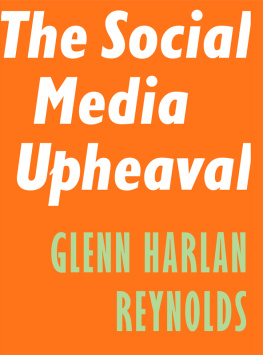

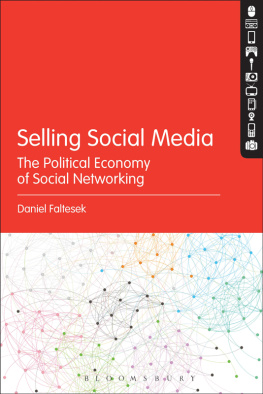
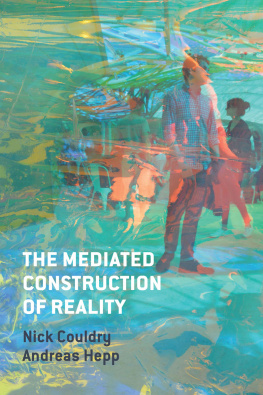


 The paper used in this publication meets the minimum requirements of American National Standard for Information SciencesPermanence of Paper for Printed Library Materials, ANSI/NISO Z39.481992.
The paper used in this publication meets the minimum requirements of American National Standard for Information SciencesPermanence of Paper for Printed Library Materials, ANSI/NISO Z39.481992.